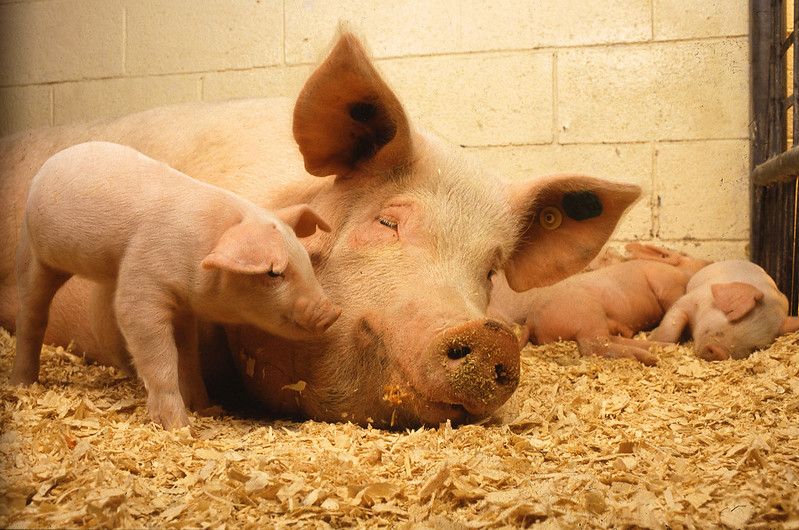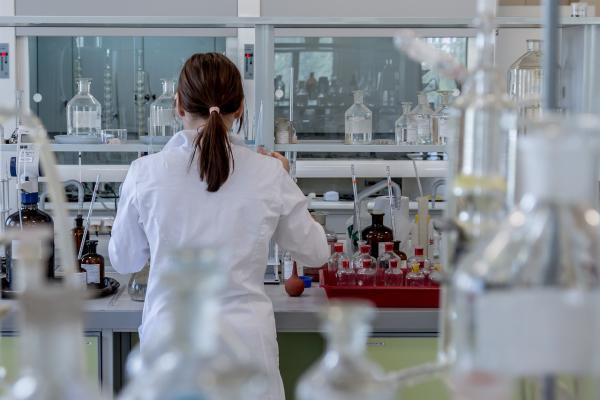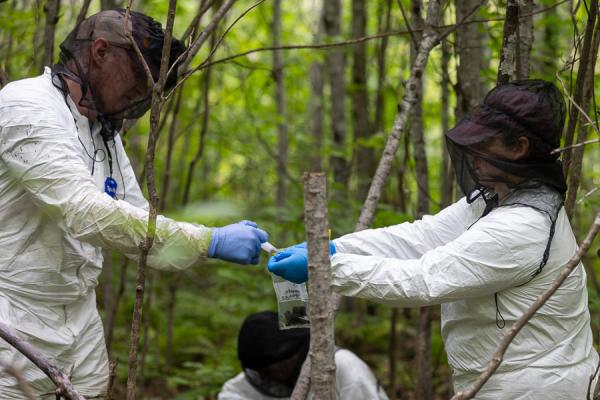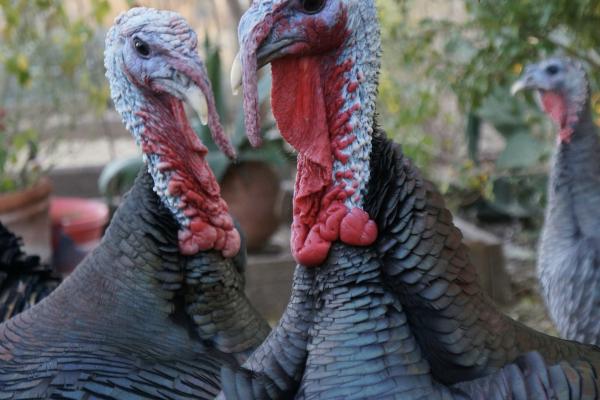Research roundup: As rotavirus A dodges immunity, how can swine researchers and producers keep up?
August 7, 2020

Despite decades of research on rotavirus A (RVA), all US pigs are highly likely to contract the virus at some point in their lifetime. Natural planned exposure — immunizing pregnant sows with live virus — passively immunizes piglets, and producers frequently work with diagnostic labs to match the strain of RVA they provide to sows with the strain showing up in their piglets. However, scientists don’t yet understand what genetic changes in RVA strains found on farms might warrant an update. A team of researchers led by Frances Shepherd, PhD candidate, suspects that changes to a certain part of RVA may be driving its ability to escape the antibodies that fight it. Through computer modeling, the scientists found new parts of the virus’ structure that may be important. With this information, producers and researchers could monitor these new sites for further mutation over time, and better focus on relevant changes to the virus strain. This research could also lead to the development of a lab-made vaccine, which would help farmers eliminate the presence of live virus on their farms and enable them to more safely immunize their herds. The scientists call for future research to focus on confirming these potentially key viral sites. This research was funded by Merck Animal Health USA, the University of Minnesota MnDRIVE Global Food Ventures Fellowship, and the Pig Improvement Company.
Read more in the July 31 paper published in Frontiers in Genetics.


